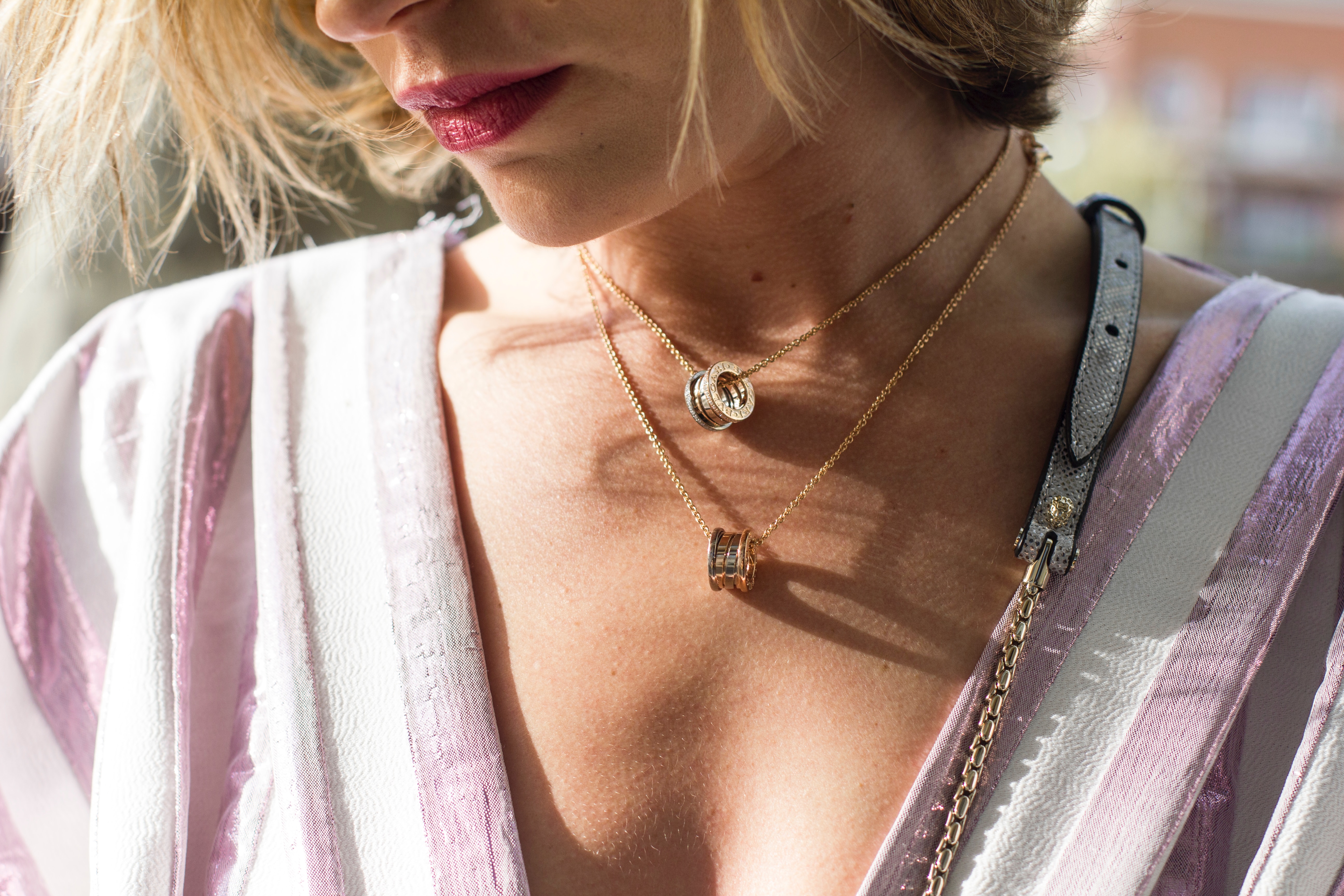
Photo by Andie Gómez-Acebo on Unsplash
Ethical jewelry is becoming more mainstream as people are increasingly socially and environmentally conscious of the pieces or brands that they are buying. Although more companies are recognizing the importance of producing ethical products, the process of jewelry making itself involves many steps - from mining and refining to polishing and casting. Luckily, there are several players involved in the process who are making it easy to determine if the trinket you are purchasing is ethically made and eco-friendly.
It Starts at the Source
Jewelry making requires raw materials whether it’s a metal or shell that you are using as a base. Mining gold, silver, gemstones or any other metal, for instance, is a very important aspect that is part of jewelry making. So yes, while it may be hard to identify if the ornaments you are buying come from decent sources, there are already companies that are conscious of how metals and stones are mined. Big names in the industry - such as Chopard, Boucheron, and Gucci - work only with verified gold suppliers that meet environmental and labor standards.

Photo by Brooke Cagle on Unsplash
Certifications Can Also Provide Indications
Understandably, it is not always possible to track where your jewelry came from because the production chain is simply so long. However, certifications can indicate how material was mined. In addition to learning how to buy authentic jewelry, certification such as the Kimberley Process assures that mined diamonds are conflict-free. Today, this process of certification for diamonds covers all diamonds produced worldwide.
Beyond certifications, jewelry companies also go the extra mile. For example, Tiffany & Co has control of its supply chain often by buying their diamonds directly from the mines. Another company, Brilliant Earth, use natural diamonds from countries and companies that follow international labor and trade laws. Otherwise, the Responsible Jewelry Council (RJC) developed norms for the supply chain and certifies firms in the precious metals industry provided they adhere to its strict ethical, social, human rights, and environmental standards.
Recycled, Upcycled, and Lab-Made Gems
Diamonds are not the only stones with ethical issues. Jades and rubies, as well as other semi-precious stones, are controversial since their mining involves child labor and slavery. To reduce the chances of acquiring pieces of jewelry that are made under dubious circumstances, consider buying upcycled and recycled bling. Stones manufactured in the laboratory are other options to ensure that you have ethical trinkets.
Buying jewelry from manufacturers that are certified or have control of their production, recycling, or upcycling is something you can do to guarantee that your charms and trinkets are ethically made. It makes a lot of difference to society and the environment if each consumer tries to find and buy jewelry made by environmentally conscious companies.
Written by Sally Collins
About the Author
Sally Collins is a professional freelance writer with many years of experience across many different areas. She made the move to freelancing from a stressful corporate job and loves the work-life balance it offers her. When not at work, Sally enjoys reading, hiking, spending time with her family and travelling as much as possible.
You may also like
How to Dress Sustainably from Head to Toe
Why Eco-Friendly Fashion is The Future of Clothing Industry
How Eco-Friendly Fashion Brands and Their Consumers Reduce Clothing Waste
